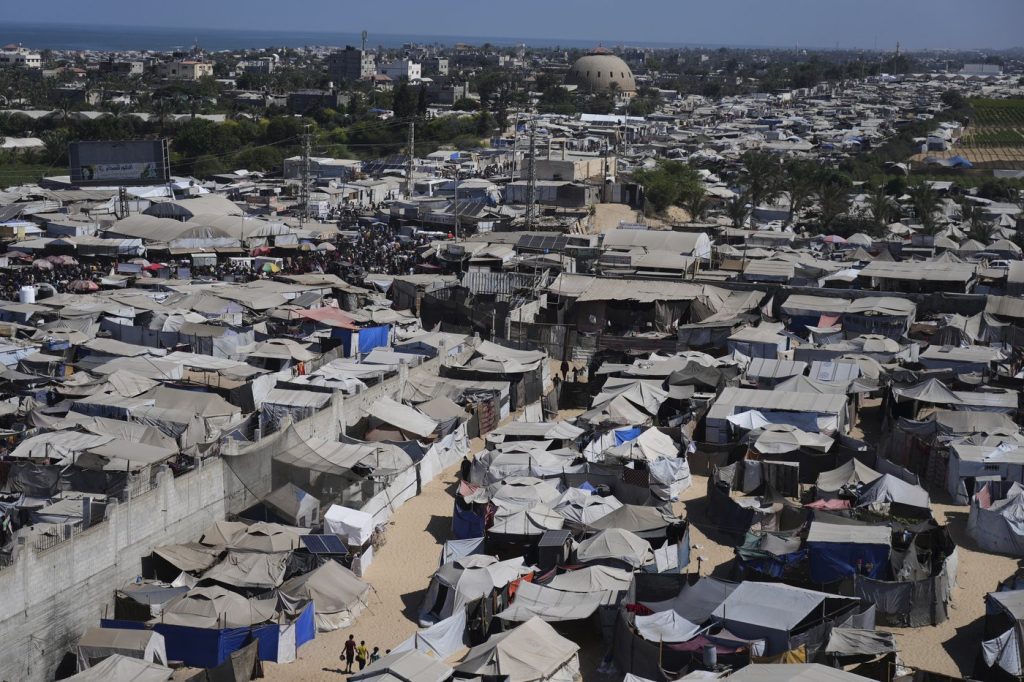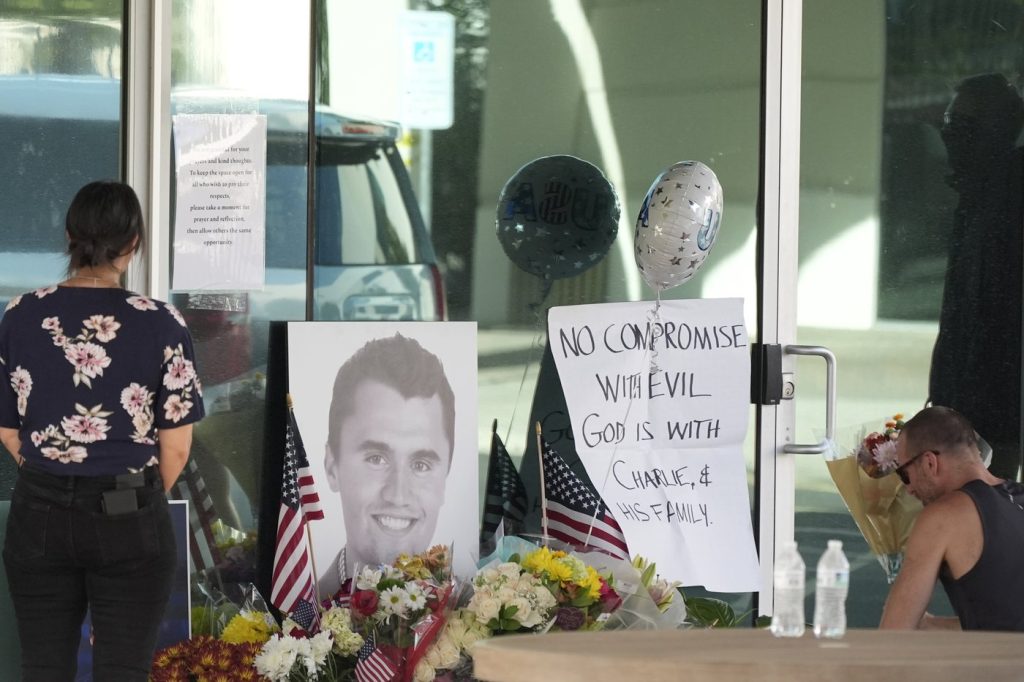European Commission President Ursula von der Leyen announced on September 10, 2025, her intention to pursue sanctions and a partial trade suspension against Israel in response to the ongoing conflict in Gaza. The 27-nation European Union remains divided on its stance towards Israel and the Palestinians, raising questions about whether a majority will support these proposed measures.
In a related development, Israel conducted substantial airstrikes targeting Houthi rebels in Yemen’s capital, Sanaa, on the same day. The Houthi authorities reported that the strikes hit a fuel station and a governmental facility, resulting in the deaths of at least 35 individuals and injuring over 130. Israel confirmed these airstrikes, asserting they aimed at the Houthi forces.
In Qatar, emergency responders were engaged in recovery efforts after Israeli attacks targeted Hamas leaders convening in Doha for discussions surrounding a U.S. proposal for a ceasefire in the Gaza Strip. The assault occurred on September 9, killing five lower-ranking Hamas members and a Qatari security officer, while top Hamas leaders reportedly escaped unharmed.
According to the UN, over 10,000 Palestinians have been forced to relocate from northern Gaza to the south within just two days, following Israel's directive for civilians to evacuate Gaza City. UN spokesperson Stéphane Dujarric noted that many evacuees were uncertain about their next steps, encountering challenges related to health, safety, and transport costs. The ongoing violence resulted in further Israeli strikes within Gaza City, compelling more families to seek refuge in open areas.
The humanitarian crisis deepened, as U.N. agencies and various aid organizations emphasized that Israel’s evacuation order left nearly one million people without safe options to flee the conflict, highlighting the dire living conditions amid the military operations.
On the matter of hostage release, Elizabeth Tsurkov, a Princeton student who was held by an Iraqi militia for more than two years, returned to Israel late on September 10. Her release was announced by U.S. President Donald Trump, who linked the militia, Kataib Hezbollah, to her capture, branding them part of a coalition of Iranian-backed groups in Iraq.
As for the airstrikes in Yemen, the Houthi-led Health Ministry confirmed that 28 individuals died in Sanaa while seven more were killed in the northern province of Jawf, with injuries reported for at least 131 individuals. The situation remains precarious, with rescuers continuing to search for survivors amidst the rubble from the bombings.
In response to Israeli actions, Hezbollah’s leader, Naim Kassem, characterized the attacks on Qatar as a warning to other oil-rich Gulf nations, stating that Israel's ambitions threaten regional stability. Israeli Prime Minister Benjamin Netanyahu countered these allegations, asserting that nations harboring terrorists would face consequences if they failed to act against such groups.
Additionally, the Israeli military strikes in Gaza resulted in 41 deaths, with hospitals treating around 184 wounded within a 24-hour period, according to local health ministry reports. Notably, the Israeli military claimed to have targeted Hamas facilities, alleging that the militants were using civilian structures for military operations.
The Organization of Islamic Cooperation condemned the Israeli attack on Hamas leadership in Doha, characterizing it as a significant escalation that jeopardizes regional security. Concurrently, Qatar’s Prime Minister Sheikh Mohammed bin Abdulrahman Al Thani condemned Netanyahu’s actions, describing them as barbaric and destabilizing.
Finally, tensions between Israel and European nations escalated as Foreign Minister Gideon Saar criticized von der Leyen, suggesting her calls for sanctions would only embolden Hamas. Following the attack on Qatar, analysts noted that Qatar faces limited options for retaliation without jeopardizing its diplomatic ties, particularly with the United States.
This complex geopolitical landscape underscores the fragility of the ongoing situation in the Middle East, with implications for regional stability and international diplomatic relations.












